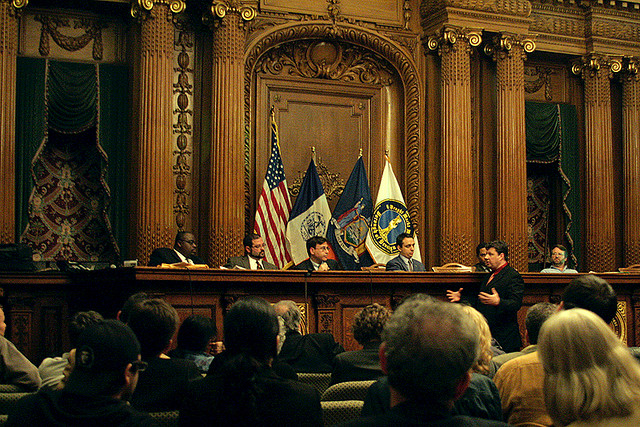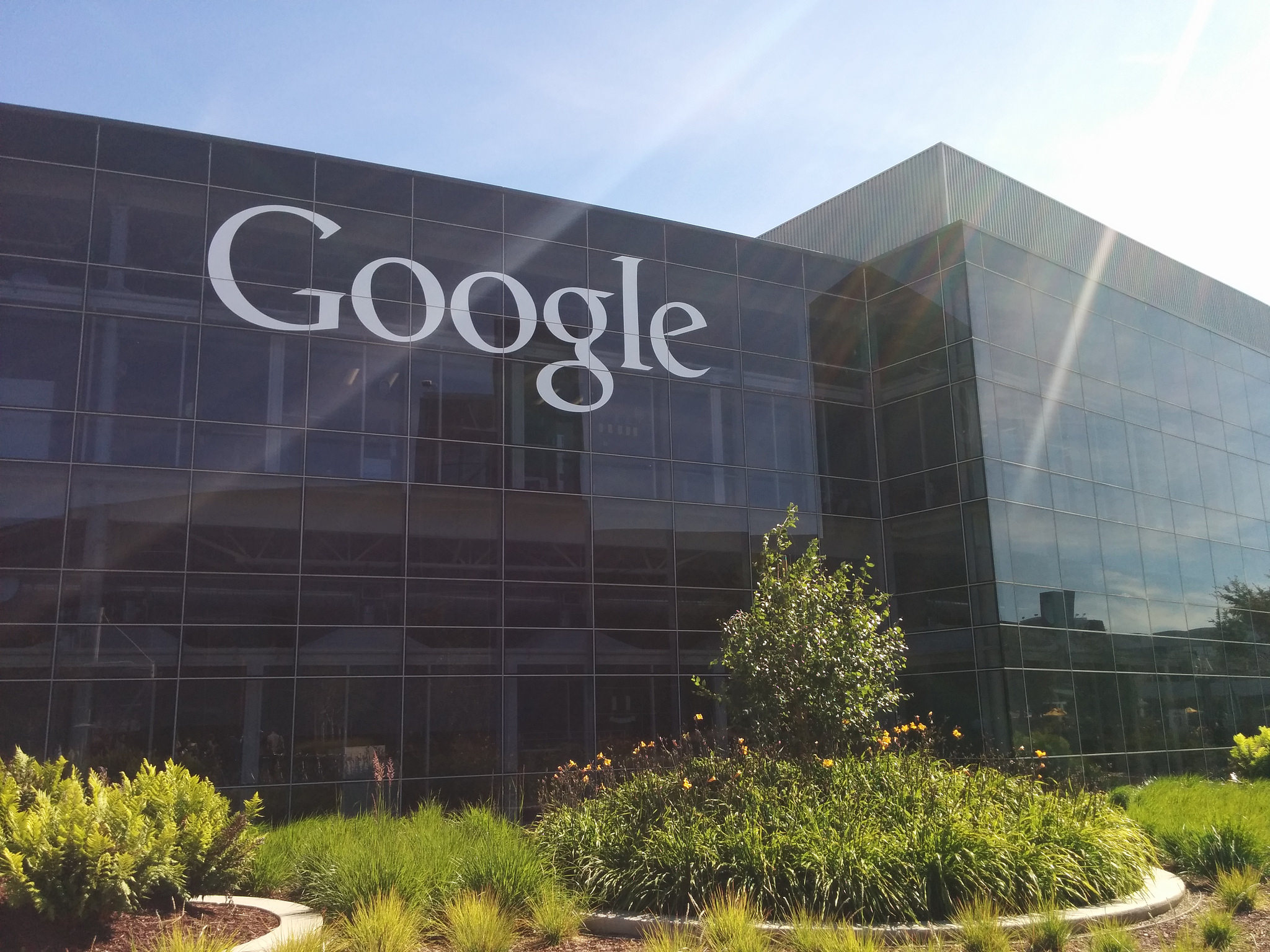The Internet of Things (IoT) is the next revolution in tech. It promises to take devices and connect them together via the internet. Once these devices live together in a network, they will then be able to communicate to each other, machine-to-machine. This level of complexity introduces a new level of legal risk.
As it is today, if something goes wrong with your appliance then you can report to the manufacturer about the faulty product. The Internet of Things will complicate this straightforward matter. In the future, it may be that all parties involved can be held accountable for a product failure. This includes not only the manufacturer, but the internet service provider, the web hosted servers, etc.
This brings up a related issue, user contracts. Due to the legal complications of connecting smart devices, will manufactures for the users to void their contract if their product is connected? At the heart of this concern is data. What will happen if there is a data or security breach? Products connected via Internet of Things will share data. In the event of an attack, who will be legally responsible for the data breach and the fallout?
“The privacy implications are potentially huge,”says Trey Hanbury , an attorney that was interviewed about the formation of Internet of Things ecosystem.
Juniper Research suggest that the internet of things will lead to a more robust security model precisely for this reason. The ideal model would be able to shut down part of the network where an attack is happening without effecting the devices connected to other parts of the network.
What is clear is that lawyers need to get ready for a new period of legal risk and uncertainty due to the IoT revolution. Companies are already heavily investing in building more connected devices. By the year 2020, there is expected to be an infrastructure running that will support a heavily connected world. It will be an exciting time to sort out how the next generation of security and liability will be legally accessed when property has gone digital.
Photo: Brooklyn Community Board via Bryan Bruchman[Creative Commons Attribution-NonCommercial-NoDerivs]

